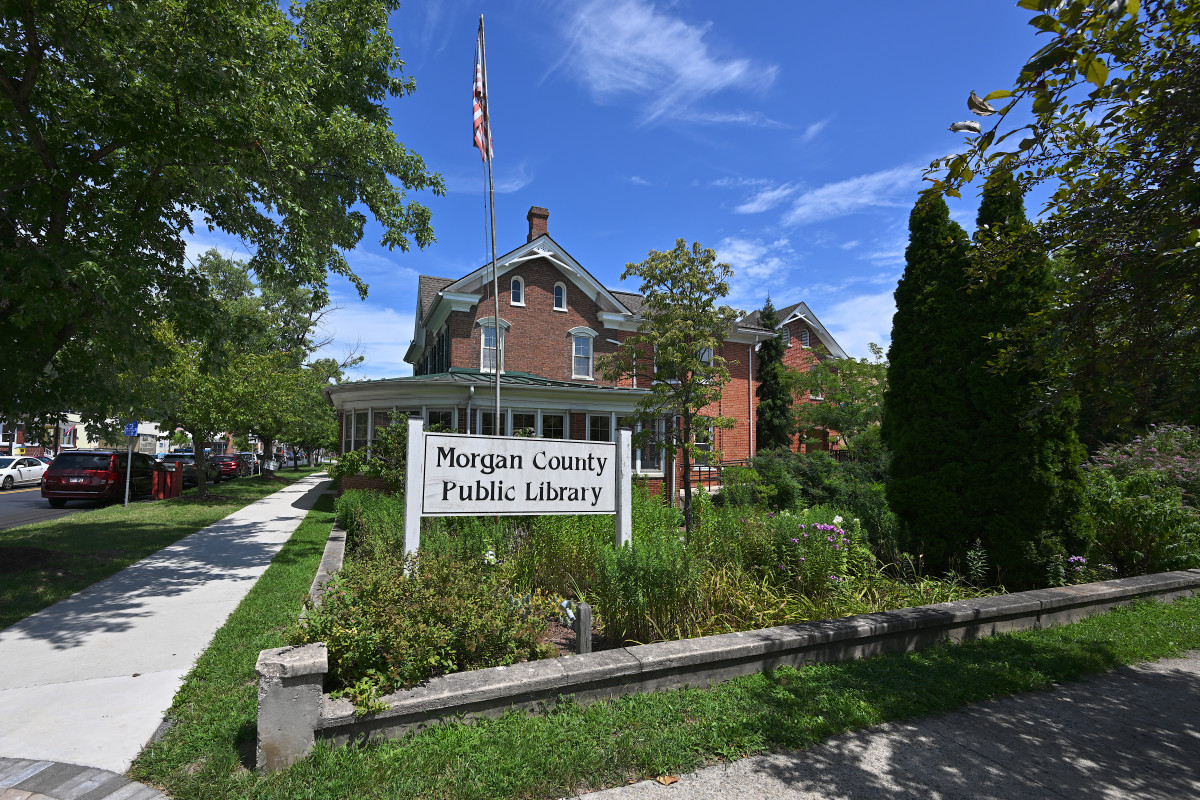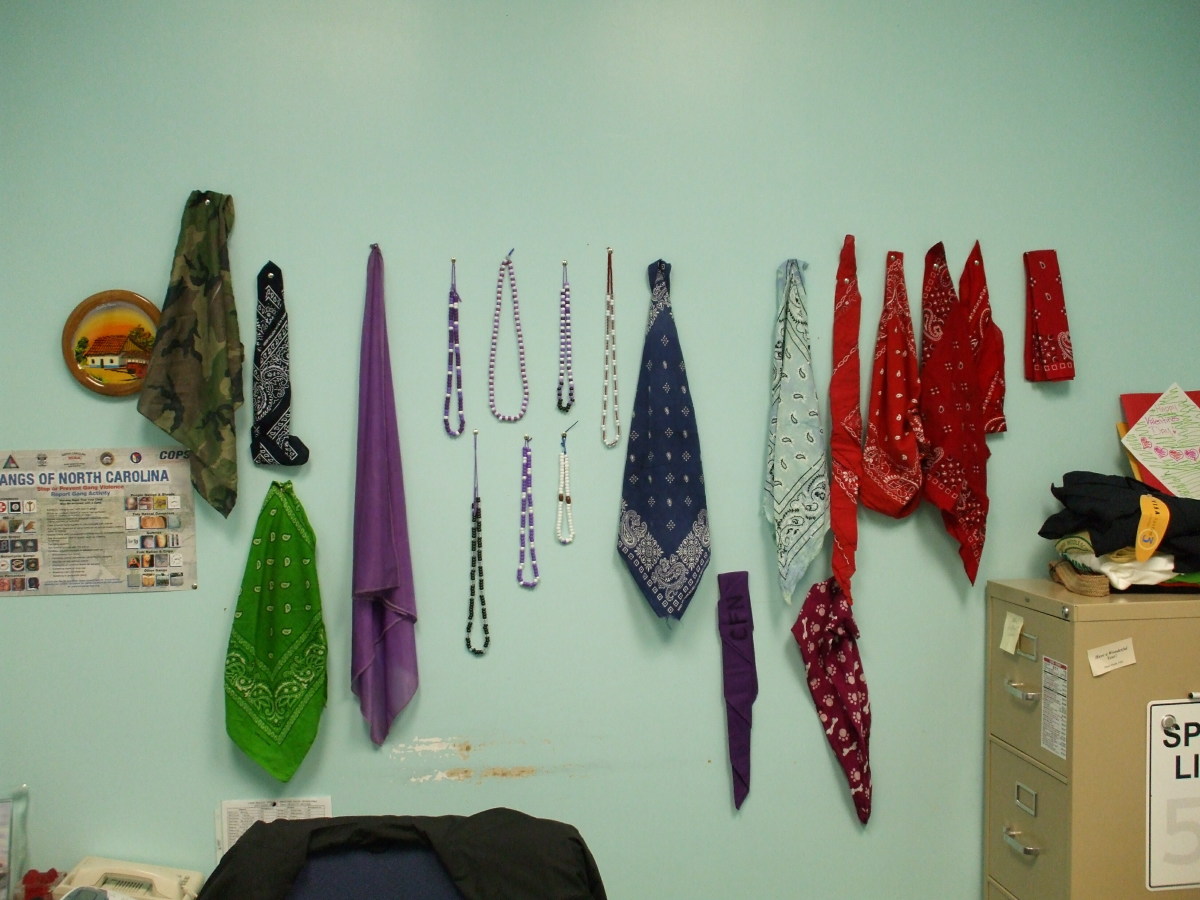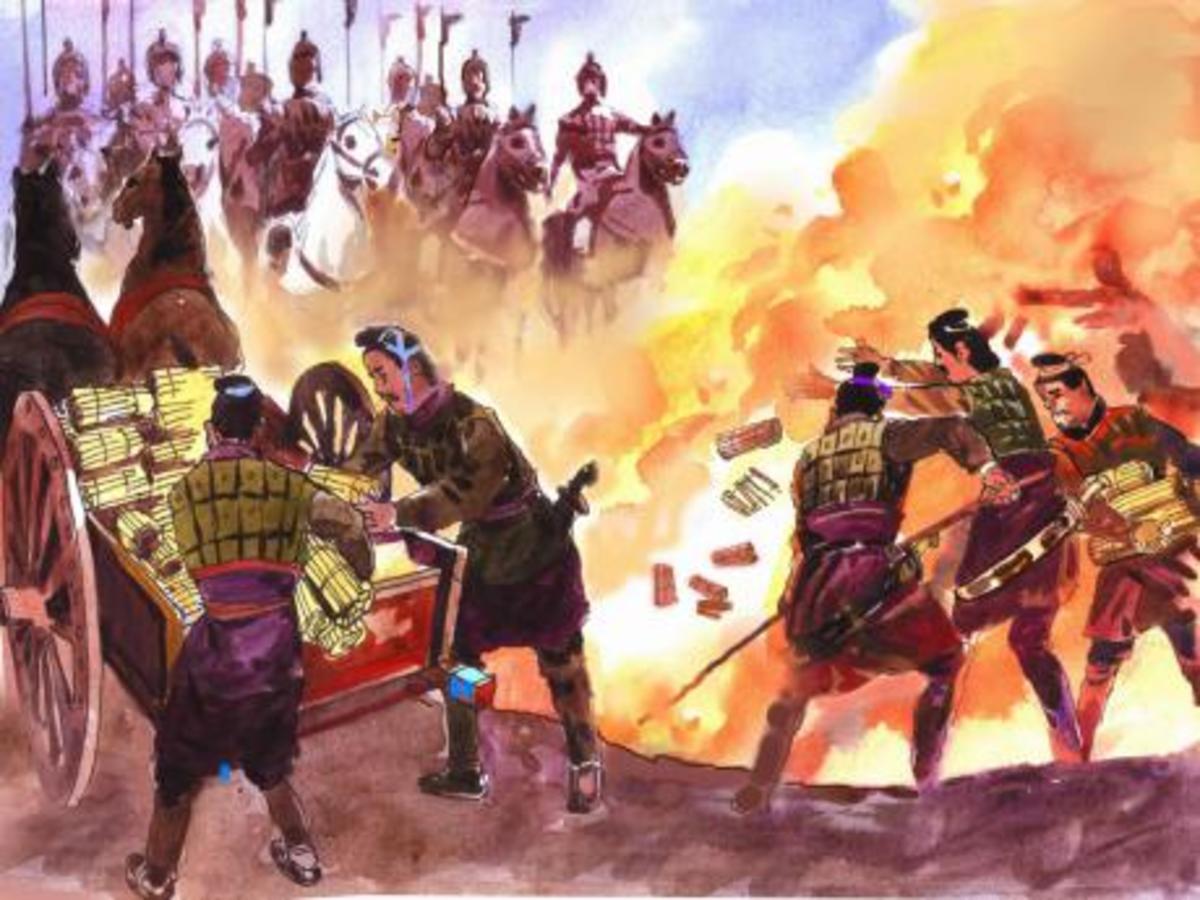Meaningful Library 2

Adventures in Librarianship
Back in November, I had the opportunity to travel around the state visiting libraries. I was applying for a new job after 7 years at my old library, and I found that instead of being nervous, it was exciting - rather like a mini-adventure in librarianship. It gave me the opportunity not only to see other libraries and meet the people that make them great, but also spend some time honing my philosophy of library service and condensing it into easily communicated "sound bites", if you will.
On one particularly long drive, I thought a lot about the phrase "public library". I've always been a fan of etymology, and I believe understanding the origin of the words and phrases we use can shed light on what we are really saying with our language. So I broke "public library" down to it's component parts and explored my chosen work place in a different light.
Library
First, the word "library" from the online Etymology Dictionary:
place for books, late 14c., from Anglo-French librarie, Old French librairie "collection of books" (14c.), noun use of adj. librarius "concerning books," from Latin librarium "chest for books," from liber (genitive libri) "book, paper, parchment," originally "the inner bark of trees," probably a derivative of PIE root*leub(h)- "to strip, to peel" (see leaf). The equivalent word in most Romance languages now means "bookseller's shop." Old English had bochord, literally "book hord."
From <http://www.etymonline.com/index.php?allowed_in_frame=0&search=library>
So a library is a "collection of books"; a "hord" (hoard). Hoarding connotes keeping, maybe even hiding, but definitely not using. From this notion, the word "library" evolved into popular thought as a warehouse for books.
And what are books? The etymology gives us "to grant or assign by charter" (Online Etymology Dicctionary, http://www.etymonline.com/index.php?allowed_in_frame=0&search=book) but I see books as vehicles for information. Even fiction which people read solely for entertainment brings them a new perspective, via information on how others live and feel and experience life.
Similarly, the computers which are now ubiquitous in libraries around the world can also be seen as vehicles for information.
Public
So what about the "public" part of this phrase? Again, from the Online Etymology Dictionary:
"the community," 1610s, from public (adj.); meaning "people in general" is from 1660s. In public "in public view, publicly" is attested from c. 1500.
From <http://www.etymonline.com/index.php?allowed_in_frame=0&search=public>
Ah, now we are going in a different direction. The "community" and "people in general" are an important part of the equation. There is no exclusion here, everyone is part of "people in general". We are all the community.
The order of the words "public library" connote ownership, so we now have a warehouse of books that belong to the "people in general".
So what do we do with this warehouse of books? The argument made in the past was that libraries were charged with protecting books for posterity - librarians were considered gatekeepers that protected the precious books from the teeming masses.
A new view
My argument is much different, and I'd like to propose a somewhat corny morphing of the idea of "warehouse" to "share-house". A public library today exists to share the resources - to facilitate access to information instead of hoarding it. Librarians need to value the public as much as they value the books and technology; the "vehicles for information" which belong to the people, the community, in general.
Besides which, the community pays our salary through taxes. They are "the boss", the ones who determine whether we keep our doors open or not. We need to welcome them as we welcome family when they walk through the door. We need to be bloodhounds, refusing to be put off the scent, when they ask us for help. And in order to stay relevant, we need to be early adopters of whatever form the new vehicles for information take.
It is not enough for us to have a few dusty librarians protecting a dusty warehouse of books. We need to take our resources outside our walls in order to share them with the community, and we need to practice "radical hospitality" as my new library's Director puts it, in order to truly be the "share-house" we are charged with being.








